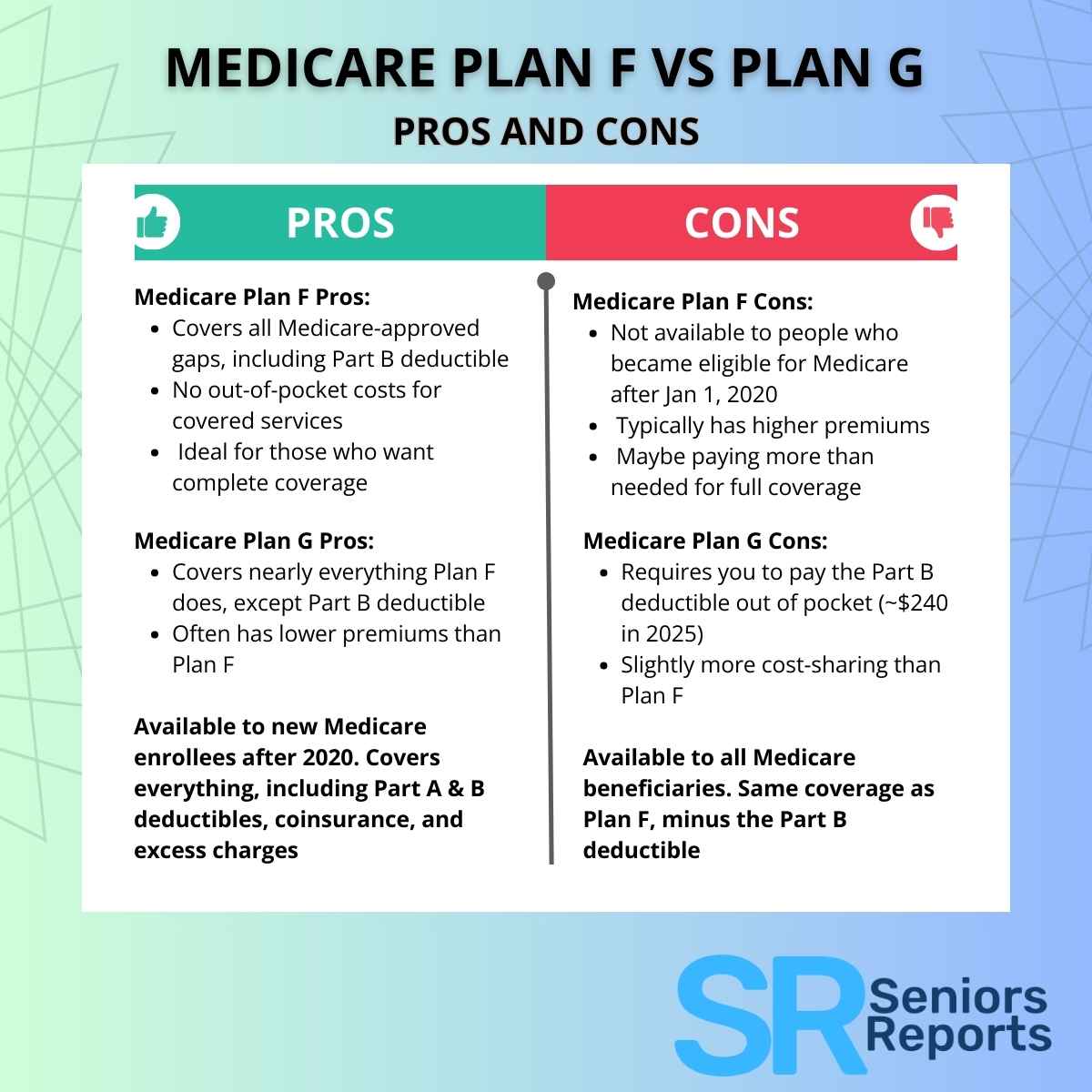By Guy Shap – Senior Living and Retirement Social Security Expert | Healthcare Professional | Mental Health Advocate
If you are wondering when to file Social Security benefits? You’re not alone. Deciding when to claim Social Security benefits can feel daunting, especially for singles. With no spousal benefits to factor in, the process may seem more straightforward, but nuances can significantly impact your financial security in retirement. As someone who has spent years guiding seniors and professionals through Social Security decisions, I aim to provide clarity and confidence in this critical step of your financial planning.
Here, we’ll explore everything singles need to know about deciding the optimal time to file for Social Security.
Jump To
Table of Contents
When to File Social Security Benefits: Single vs. Couple
One of retirees ‘ most critical financial decisions is when to file for Social Security benefits. This decision becomes even more complex depending on marital status and unique financial situations. Claiming Social Security, whether single or married, can significantly affect your lifelong income and economic security. Here’s a comprehensive guide to help you decide when to file for Social Security benefits based on your circumstances.

How Social Security Works
Let’s cover the basics before exploring the differences between when to file Social Security as singles and couples. Social Security benefits are calculated based on your lifetime earnings. You can claim as early as 62, but your monthly benefits will be reduced if you file before your full retirement age (FRA). Full retirement age ranges between 66 and 67, depending on your birth year. Waiting until age 70, however, earns you delayed retirement credits, increasing your monthly benefit significantly.
For couples, there’s an additional layer of strategies involving spousal and survivor benefits, which allow you to receive benefits based on your spouse’s work history or vice versa. Thus, when to file Social Security benefits should also account for these important variables.
When to file Social Security as a single individual
If you’re single, choosing when to file for Social Security largely depends on your health, life expectancy, and other retirement income sources. Here’s what to consider:
Key factors for when to file Social Security for singles:
- Health and Longevity:
If you’re in good health and have a family history of longevity, considerations for when to file for Social Security benefits may include delaying your benefits until age 70, which could maximize lifetime income. Alternatively, filing earlier may be beneficial if you predict a shorter life expectancy.
- Other Income Sources:
If you have savings, investments, or a pension to support you, delaying Social Security may boost your overall retirement income. However, if you rely solely on Social Security, you may need to claim earlier to cover essential expenses.
- Work Status:
Are you still working? If you claim benefits before your FRA while earning income, your benefits could be temporarily reduced due to the earnings limit. However, these withheld amounts will be recalculated and added back once you reach your FRA.
Example:
For a single individual born in 1960, claiming at age 62 results in a 30% reduction in monthly benefits, whereas waiting until age 70 offers a 24% increase. This could translate to a significant income boost throughout retirement.
When to file for Social Security benefits as a couple
Married couples have more flexibility and options for claiming Social Security. By coordinating with your spouse, you can employ strategies to maximize benefits for both of you.
Key considerations for when to file for Social Security benefits for couples:
- Spousal Benefits:
A spouse can claim up to 50% of their partner’s FRA benefit if it’s higher than their own. Claiming spousal benefits earlier than the FRA still results in reductions.
- Survivor Benefits:
If you are the higher earner, consider delaying your benefits to maximize survivor benefits for your spouse. Your spouse can inherit up to 100% of your benefit upon your passing.
- Coordination Strategies:
Couples can mix and match strategies, such as one spouse taking benefits earlier while the other delays. This creates an income stream while growing delayed credits for the higher earner.
- Age Difference:
If there’s a significant age gap, you may want to strategize to cover more retirement years. For instance, the younger spouse may claim earlier while the older spouse delays their benefit.
- Divorced or Widowed?:
If divorced but married for at least 10 years, you may qualify for spousal benefits based on your ex-spouse’s earnings. Widows and widowers can begin survivor benefits as early as age 60.
When to file social security benefits examples:
For a couple where one spouse was born in 1960 and earns significantly more, the higher earner could delay claiming until 70, increasing the survivor benefit. Meanwhile, the lower-earning spouse could claim their benefits earlier to help cover current expenses.
Benefits Comparison Table
| Filing Age | Percent of Full Benefits (Single) | Spousal Benefit (Couple) | Survivor Benefit |
|---|---|---|---|
| 62 | 70% | Reduced | Reduced |
| 67 (FRA) | 100% | 50% | 100% |
| 70 | 124% | N/A | Maximized |
Pros and Cons of Filing Early vs. Delaying
Filing Early (Age 62–66):
- When to file Social Security benefits - Pros:
- Immediate cash flow.
- Valuable for those with health concerns or shorter life expectancy.
- When to file Social Security benefits - Cons:
- Permanent reduction in benefits.
- Lower survivor benefits for spouses.
Filing at Full Retirement Age (66–67):
- When to file Social Security benefits - Pros:
- Receive 100% of your calculated benefits.
- Fixes reduction penalties for filing early.
- When to file Social Security benefits - Cons:
- Shorter accumulation of delayed retirement credits.
Filing Late (Up to Age 70):
- When to file Social Security benefits - Pros:
- Maximized monthly benefits, up to 32% more than FRA.
- Boosted survivor benefits for a spouse.
- When to file Social Security benefits - Cons:
- Delay in receiving income; requires alternate funding for living expenses.
Making the best decision when to file Social Security benefits
Every retiree’s situation is unique, so finding the optimal strategy requires assessing individual circumstances, such as:
- Financial Needs: Do you have other income streams if you delay benefits?
- Health & Longevity: If you or your spouse expect to live longer than average, delaying could result in higher lifetime benefits.
- Marital Status: Married couples should prioritize strategies that optimize benefits for both individuals.
- Future Social Security Changes: While there is debate about Social Security’s solvency, current projections suggest it will remain a key part of retirement income, though benefits may reduce over time.
Tools and resources for when to file for Social Security benefits
To make an informed decision, consider using these resources:
- Social Security Retirement Calculator (ssa.gov): Get an estimate of benefits based on age and earnings.
- Life Expectancy Calculator (ssa.gov): Estimate how long you or your spouse will live.
- Financial Planner: Consult a professional for personalized recommendations and strategies.

More Social Security Basics for Singles
Understanding the fundamentals of Social Security is crucial in making an informed decision. Here are the primary filing options, simplified for clarity:
- Full Retirement Age (FRA)
You can claim 100% of your Social Security benefits at this age. This is between 66 and 67 for most, depending on your birth year.
- Early Filing (62+)
You can claim as early as age 62; however, doing so reduces your benefits by up to 30%.
- Delayed Filing (Up to 70)
Waiting beyond your FRA increases your benefits by approximately 8% each year you delay, capped at age 70.
When Should Singles File for Social Security?
The best time to file for Social Security depends on your unique circumstances. Here are three scenarios to consider:
1. Claim Early at 62 if You Need Immediate Cash Flow
Filing at 62 is viable if you require additional income or have health concerns that may limit your life expectancy. Keep in mind that this choice means accepting permanently reduced benefits.
When it makes sense to file early:
- You no longer work and rely on Social Security to cover living expenses.
- You have health issues that suggest a shorter life expectancy.
2. File at Full Retirement Age (FRA) for a Balanced Option
Claiming your benefits at FRA offers the advantage of receiving 100% of your entitlement. This is ideal for singles in average health who want to balance current financial needs with longer-term retirement plans.
Why FRA is a good choice for singles:
- No earnings limitations affect your benefits.
- Ensures you’re not leaving “money on the table” by delaying too long without reaping significant lifetime gains.
3. Delay Until 70 to Maximize Benefits
If your health is good and you can rely on other income sources until then, delaying Social Security benefits until age 70 ensures a larger monthly payout for the rest of your life. This strategy is especially compelling for singles who don’t have spousal survivor benefits to rely on.
When delaying benefits makes sense:
- You anticipate living well into your 80s or 90s.
- You’re still earning an income that allows you to defer Social Security.
- You’ve planned financially for your retirement and can afford to delay benefits.
Factors to Weigh Before Filing
No two financial situations are the same, but considering these key factors will help make your Social Security decision more straightforward.
1. Life Expectancy
Longevity is critical in determining whether filing early or late will maximize your benefits. Those who expect to live into their late 80s or beyond often benefit from delaying Social Security.
2. Financial Needs
Evaluate your cash flow, savings, and other income sources like pensions or retirement accounts. Can you afford to wait for a higher payout, or do you need Social Security now?
3. Current Employment
Still working? Filing before your FRA may mean reduced benefits due to annual earnings limits. If your income exceeds $21,240 (for 2023), your benefits will be temporarily reduced until you reach FRA.
4. Health Conditions
Your physical and mental well-being could influence your decision. If you face declining health, taking benefits early may be a more practical choice.
5. Future Social Security Changes
With warnings of potential reductions in Social Security benefits around 2033 if funding issues aren’t addressed, some singles may consider filing earlier to safeguard their payouts.
Common Misconceptions
It’s easy to misunderstand how Social Security works, so here are some clarifications for singles making their decisions.
- “I’ll lose money if I don’t delay until 70.”
This isn’t always true. For singles, waiting until age 70 to file only increases lifetime benefits by about 3%, based on an average life expectancy of 85.
- “Once I claim, I’m stuck with my decision.”
While most decisions are permanent, if you’ve made a mistake, you can withdraw your claim within 12 months, repay the benefits received, and reapply later.
- “Working beyond FRA won’t affect my benefits.”
Earnings limits only apply if you file before your FRA. Post-FRA, there’s no limit to how much you can earn.
FAQs on Social Security for Singles
Can I claim retroactive benefits?
If you file after reaching your FRA, you can request up to six months of retroactive benefits, which can be a lump sum payment upfront.
Are my benefits subject to taxation?
Yes. Up to 85% of your Social Security benefits may be taxable depending on your combined income (adjusted gross income + nontaxable interest + half of your Social Security benefits).
Should I consider professional advice before filing?
Definitely! Consulting a financial advisor or Social Security expert ensures you make the best decision for your unique situation.
Takeaways
Deciding when to take Social Security benefits is one of the most impactful financial choices for retirement. Understanding your unique circumstances will guide you to the best decision, whether single or married. For couples, strategic planning can significantly enhance lifetime income and ensure financial security for both spouses. Conversely, singles should carefully balance their health, financial needs, and long-term outlook.
Take the time to evaluate your options, run the numbers, and seek professional advice. Social Security is designed to be a reliable foundation for retirement income, but optimizing how and when you claim benefits can significantly amplify its impact.
Still unsure of when to claim? Speak to a financial planner or explore Social Security calculators online to get a clearer picture of your benefits. Planning for a brighter retirement is never too early—or too late.
Final Thoughts
Filing for Social Security as a single person doesn’t need to be confusing. You can confidently choose the best option by understanding the filing options (early, full retirement age, or delayed) and carefully evaluating your financial needs, health, and long-term plans.
Making smart Social Security decisions is about more than age—creating a secure and comfortable retirement.
I’m here to help if you’re uncertain when to file. With years of experience advising retirees on Social Security benefits, I can help you create a strategy tailored to your needs.
Remember: Choose wisely. Taking the wrong benefit at the wrong time could mean a smaller payout forever.
— Guy Shap, Social Security Expert
Follow me for more insights on retirement planning and financial security.






Pingback: Why Did Social Security Suspended My Benefits: What to Do